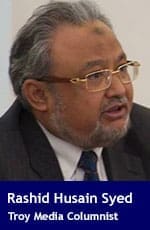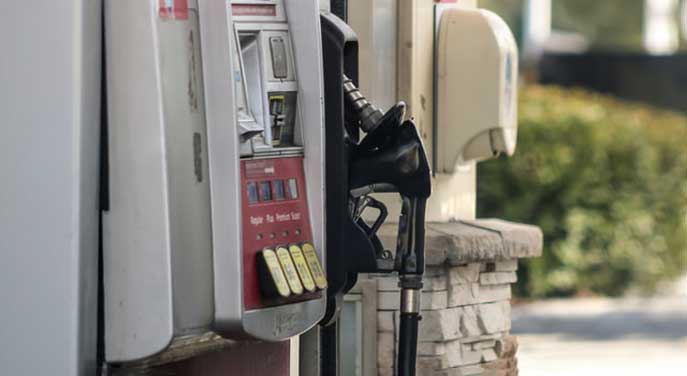 The world needs more oil.
The world needs more oil.
The Organization of Petroleum Exporting Countries (OPEC), Russia and American shale oil producers all need to up their output to keep the rising prices of the “super cycle,” as Saudi Energy Minister Prince Abdulaziz bin Salman called it, under control.
Media reports say Prince Abdulaziz bin Salman told the Robin Hood Investors Conference last Wednesday that his job is to prevent such a super cycle.
Conflicting ends are dictating the global crude oil dynamics. The continued rise in crude oil market prices, now in the mid-US$70 per barrel range, signals an urgent need for more production from one or more of OPEC+, Iran (once U.S. sanctions are lifted), U.S. shale firms and non-OPEC non-shale producers, wrote John Kemp of Reuters.
Supply constraints imposed by OPEC+ and the global economy rapidly rebounding from the debilitating COVID-19 pandemic lay the foundation for much higher oil prices, Jeffrey Currie of Goldman Sachs argues.
Goldman Sachs sees Brent crude averaging US$80 per barrel in the third quarter with potential spikes well above $80. “Global demand likely rose to 97.0 million barrels per day (bpd) in recent days from 95.0 million bpd just a few weeks ago as the U.S. passes the baton to Europe and emerging markets,” Currie wrote in a new research note to clients on Friday.
However, OPEC and its allies – including Russia in the expanded OPEC+ – have been hesitant to act decisively and unleash their output. Uncertainty about the timing and the extent of sanctions relief on Iran helps explain why OPEC+ has taken a cautious approach in lifting production, explains Kemp.
In the circumstances, oil traders are betting on higher crude prices in the second half of the year. Some analysts say US$100 oil is a distinct possibility. Jeremy Weir, Trafigura CEO, confirmed as much at the FT Commodities Global Summit on Tuesday.
“Higher from here” for the next six months, Alex Sanna, Glencore’s head of oil marketing, told the same summit. According to Sanna, better news about COVID-19 vaccination programs, inflation bringing in investor cash and a recovery in demand will all contribute to rising oil prices.
Russell Hardy, the CEO of Vitol, the world’s biggest independent oil trader, said US$100 per barrel oil is “of course a possibility,” but warned overenthusiastic bulls that “we’re in a slightly artificial market at the moment,” as OPEC+ still has around 5.5 million barrels per day (bpd) to bring back to the market by April 2022, according to current plans.
“Everybody’s continuing to do the math on rising demand and hesitancy among producers to dive back in and put more oil in the market,” said John Kilduff of Again Capital. “So there’s a developing structural supply-demand deficit.”
But this could be transitory. Yadullah Hussain of the Financial Post quotes Rystad Energy market analyst Louise Dickson as saying: “OPEC+ … has more than nine million bpd in the spare capacity that it could bring online within months to help bridge any supply gap that emerges, so a supply gap shock may not materialize.”
Spare OPEC+ capacity and the return of Iranian oil will release the market’s “artificial tightness” and bring fundamental supply-and-demand issues back into play. Underinvestment on the supply side for years will start to catch up with the market, TD Bank economist Omar Abdelrahman said.
Iranian crude oil seems to hold sway on the markets. To fill in the rising demand gap, crude from Iran would be required. This could provide impetus for world powers to ease Iranian crude export sanctions.
This should be music to the newly-elected hardline government in Iran.
Toronto-based Rashid Husain Syed is a respected energy and political analyst. The Middle East is his area of focus. As well as writing for major local and global newspapers, Rashid is also a regular speaker at major international conferences. He has been asked to provide his perspective on global energy issues by both the Department of Energy in Washington and the International Energy Agency in Paris. For interview requests, click here.
The views, opinions and positions expressed by columnists and contributors are the authors’ alone. They do not inherently or expressly reflect the views, opinions and/or positions of our publication.
© Troy Media
Troy Media is an editorial content provider to media outlets and its own hosted community news outlets across Canada.



